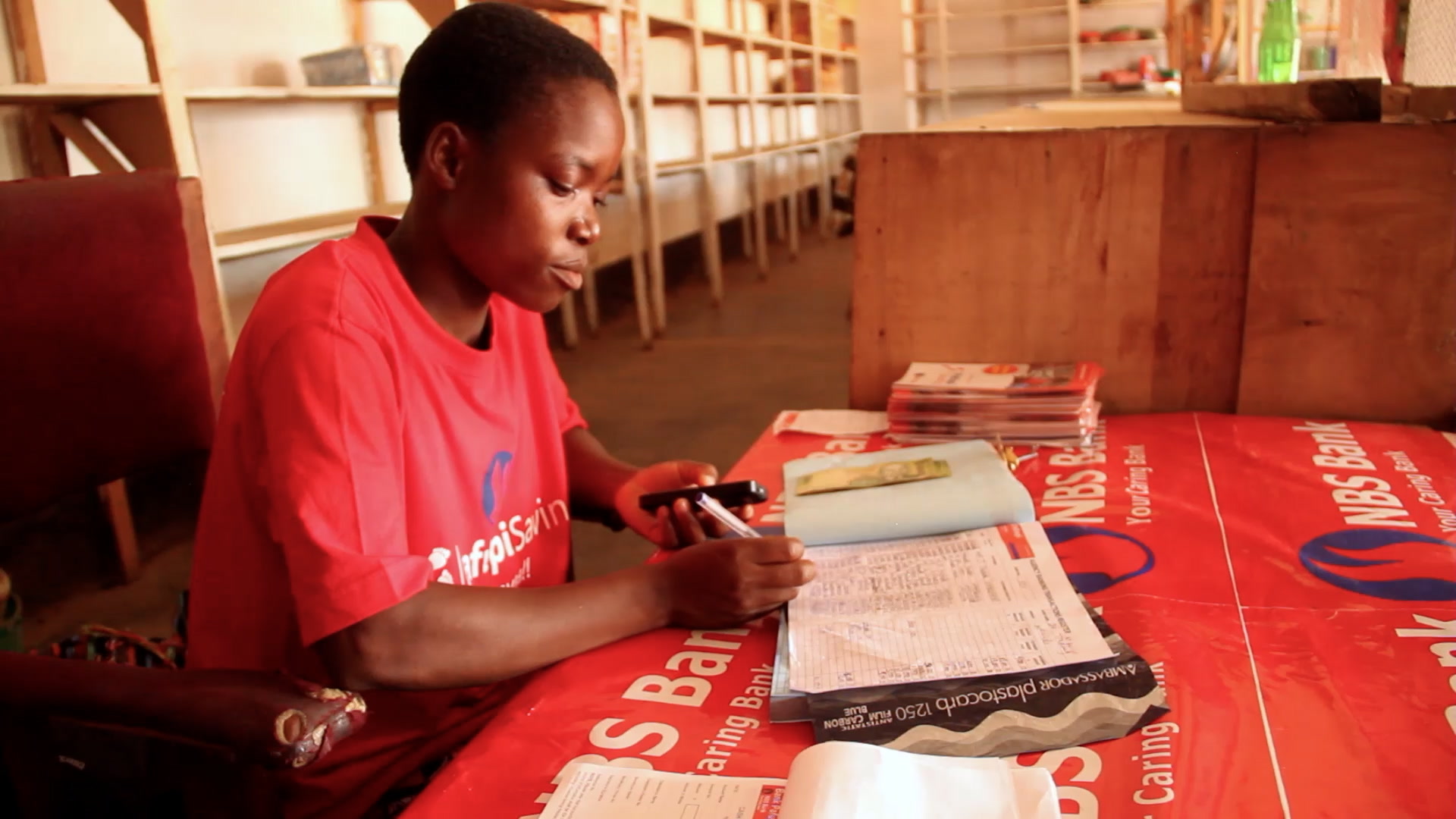Putting hope in the BRICS nations


Get involved with our crowdsourced digital platform to deliver impact at scale
Stay up to date:
Banking and Capital Markets
To say the global economy in 2013 is at a crossroads is an understatement. In the developed world, efforts to shrug off the crisis that began in 2007 remain inconclusive five years on, while emerging markets, if not powering ahead, continue to account for an ever greater proportion of the world’s trade, wealth and political relevance. All of this has set the stage for a potentially profound Brics summit in Durban this week.
For a group that only started meeting regularly in 2009, eight years after the term “Bric” was first coined in a Goldman Sachs research report, the Brics nations — Brazil, Russia, India, China and, since 2010, South Africa — have rapidly established themselves as power players on the world stage.
Outgrowing the western world economically — China, the outlier, has expanded 50% since the crisis began — the Brics are playing an increasingly vocal role in international negotiations, on everything from security to world trade and the fight against climate change. That the world’s leading emerging markets never before have had so much hope vested in them will not be lost on Brics leaders in Durban.
The importance of emerging markets in the world order can be seen in the proliferation of bilateral trade deals, regional powers filling vacuums in international policing or the growing influence of regional organisations in driving intra-regional trade and development; initiatives that could be as significant for global stability as the establishment of the European Union.
For Africa, the focus is timely. Home to six of the top 10 fastest-growing economies, the continent is experiencing an optimism rarely felt before. But it also faces challenges, not least the prospect of hosting the world’s largest workforce by 2040. The summit presents an excellent opportunity to showcase the investment opportunities the continent offers, not just as a source of abundant raw materials, but as a future consumer market in its own right.
Maintaining the tempo of investment and economic dynamism is essential for Africa — a continent that used to rely on aid but now attracts capital based on the returns it is able to deliver. Such gains must not be made at the expense of social inclusion and fairness. Brazil’s record in tackling inequality and China’s success in creating jobs provide lessons that must be passed on to Africa.
Likewise, the well-resourced Brics have the opportunity to build the intra-regional transport links Africa so badly needs to augment the sporadic infrastructure that, in the past, seems to have been designed for getting its wealth out. And, with the development of homegrown innovation and higher-value jobs, Brics can play a real role in helping to train the skilled labour force needed to take Africa to the next level.
Accelerating economic diversification, boosting strategic infrastructure and unlocking human talent are the three thematic pillars of the World Economic Forum on Africa, to take place in Cape Town in May. At the top of our agenda will be to find ways of harnessing Africa’s growth potential for the benefit of Africans, whether through our African-led food security initiative, Grow Africa; demonstration of infrastructure projects that deliver a multiplier effect on local economies; or a discussion of the governance models and practices that are helping the continent’s most forward-looking economies set the foundation for a future workforce that makes the most of the talent it has available.
In development, we talk a lot about “leapfrogging”: the ability of a less-developed country to overtake more advanced peers through the deployment of more modern technology, systems or thinking. Africa is doing this in some areas: Kenya is a leader in mobile commerce, for example, while South Africa, Rwanda, Lesotho and others punch above their weight in closing the gender gap. But making sure the gains of the past decade are built upon rather than squandered is critical, and cannot be achieved by any one group, government or organisation acting alone. Africa has entered a multi-stakeholder era, and the Brics have a large role to play.
This article originally appeared on BDLive
Author:Børge Brende is Managing Director and Member of the Managing Board at the World Economic Forum
Image: A man is seen walking past a signage decoration for BRICS summit REUTERS/Jason Lee
Don't miss any update on this topic
Create a free account and access your personalized content collection with our latest publications and analyses.
License and Republishing
World Economic Forum articles may be republished in accordance with the Creative Commons Attribution-NonCommercial-NoDerivatives 4.0 International Public License, and in accordance with our Terms of Use.
The views expressed in this article are those of the author alone and not the World Economic Forum.
The Agenda Weekly
A weekly update of the most important issues driving the global agenda
You can unsubscribe at any time using the link in our emails. For more details, review our privacy policy.
More on Banking and Capital MarketsSee all
John Hope Bryant
April 11, 2024
Alexandre Raffoul and Kai Keller
April 10, 2024
Alex Edmans
April 4, 2024
Victoria Masterson
March 28, 2024
Kalin Anev Janse and Rolf Strauch
March 11, 2024






